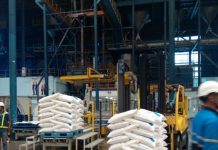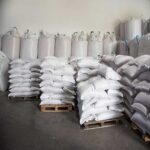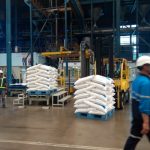CZ What Have you Been Up To Lately
Xiaoqing Ke: “I’ve been out with Po again recently. It is good to travel, but in Guangxi, you can eat as many watermelon and tangerine as you like. It’s pretty much free. Now in Guangdong, we can only eat these fruits occasionally. The last time we went out for around two months and finally returned to Guangxi in August to see my sugarcane fields. Of course, my Pal Po was always there. And Po is also concerned about the sugarcane fields that under his name. During the journey back to Guangxi, Po dozed off in the passenger seat.”

XK: “There was plenty of rain in August, and every time I went fishing, I was rewarded. Does this signal a good year for the new harvest? When I first returned to the cane fields in August, although the cane did not seem to be very strong, it was far better than last year. Look at Po’s responsible field! Naturally we continue to fertilise and apply pesticide to the canes. Drones replace human labour to work hard in the fields.”
CZ: What Is The Status Of Your Crop At The Moment?
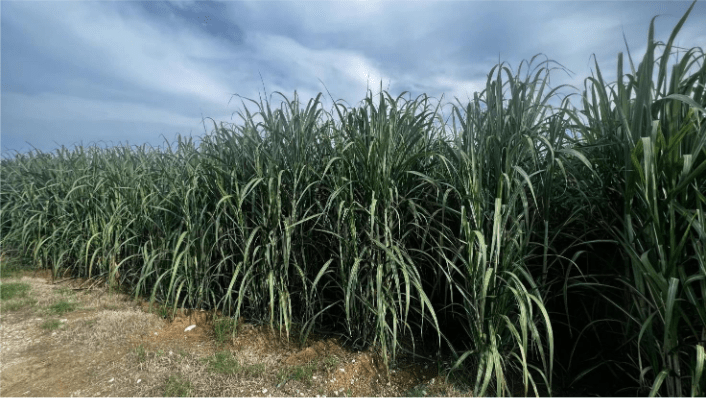
XK: “This picture of the growth of sugar cane has answered this question. This looks good, doesn’t it? Before going out, I watch the sugarcane field every day, these sugarcane don’t seem to be lazy, they have grown so big in less than five days, they seem to have grown almost 20cm!”
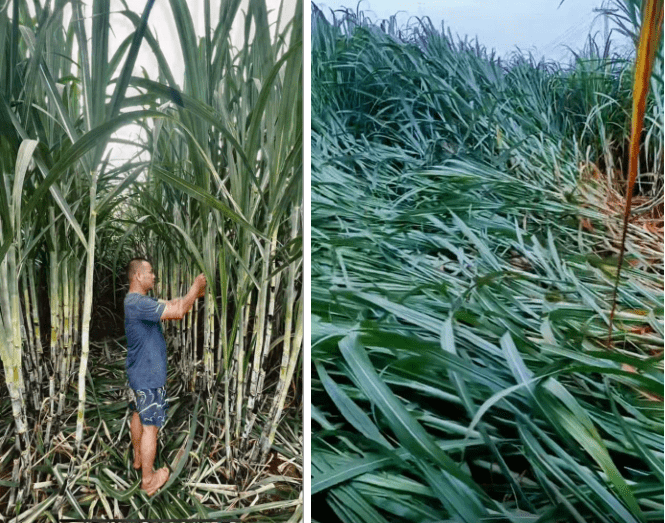
XK: “Typhoon Sura passed in early September. I think Sura was a good typhoon, bringing plenty of rain to sugar cane, but not too rough. I heard that some people’s sugar cane all fell because of the typhoon. But my cane is strong, and although there is lodging, it is not serious. The impact is more beneficial than harmful.”
CZ: What Are Some Of Your Concerns?
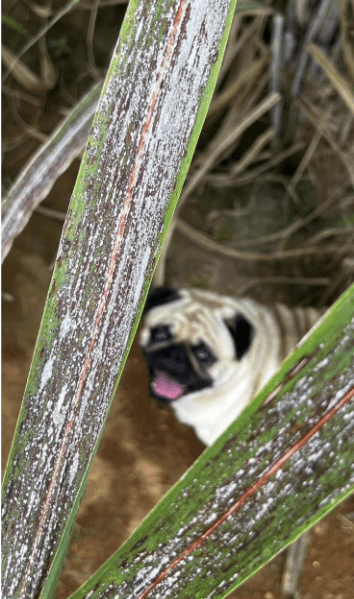
XK: “For the newly planted sugarcane on the 21 March, I applied pesticide mixed base fertilizer. Pesticides were applied again in late May and early August. Under such management, in September, I peeled the leaves of more than 100 sugarcane plants and found that there was only one plant that was harmed by the snout worm. On some slopes planted late, several rounds of biogas slurry were irrigated through ditches. The growth of sugarcane was not bad, but the leaves are vulnerable to disease. In addition, we also found that the sugar cane of Guiliu 05136 had a large outbreak of white leaf disease.”
For more articles, insight and price information on all things related related to food and beverages visit Czapp.




